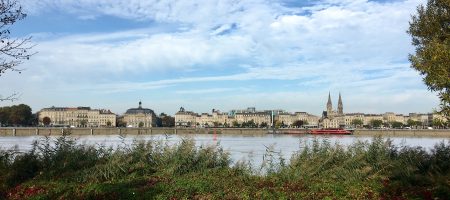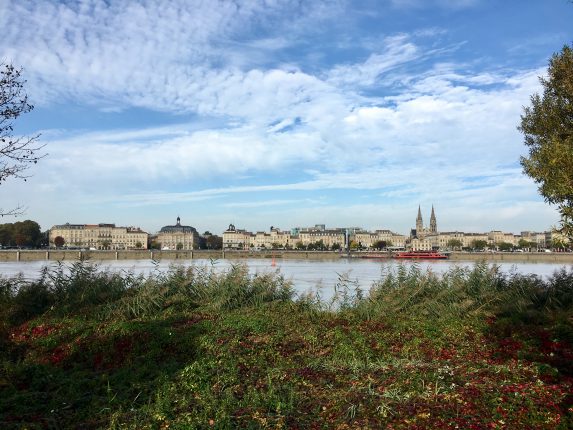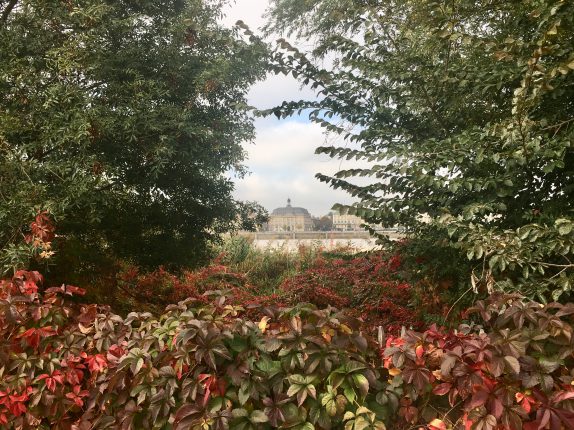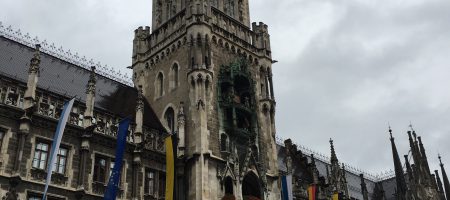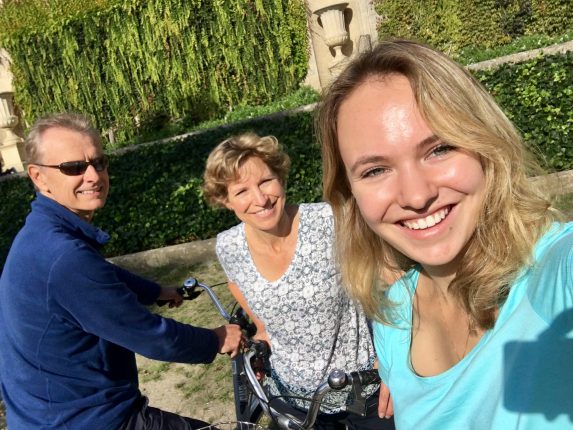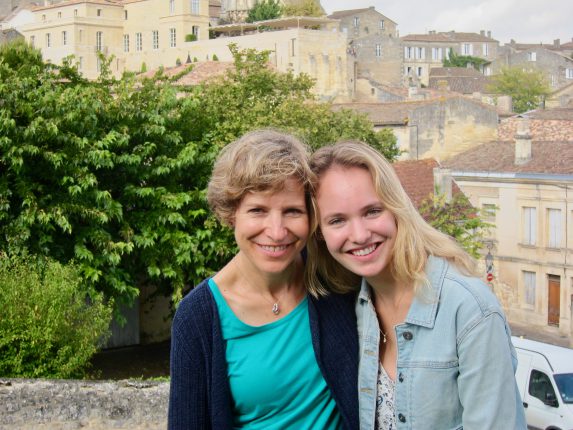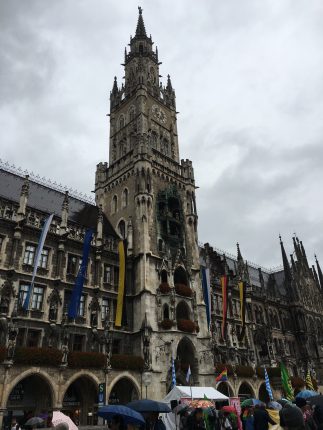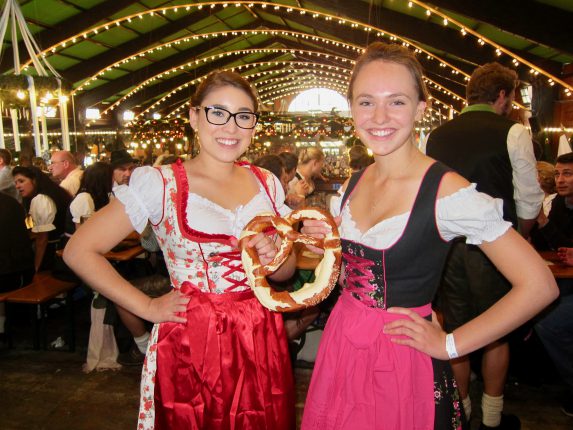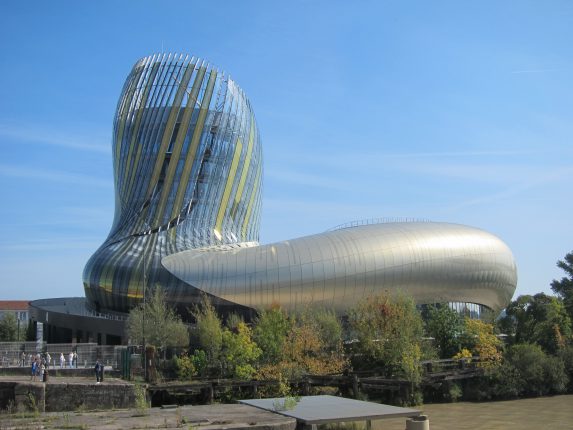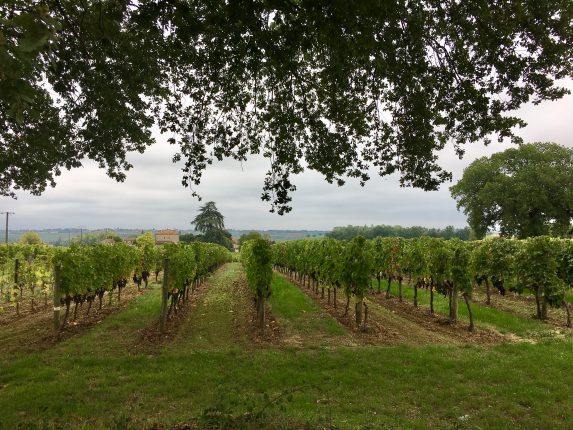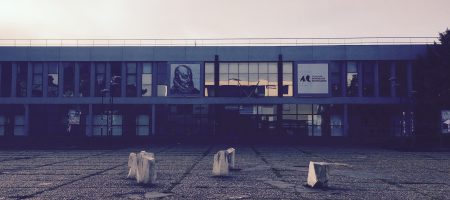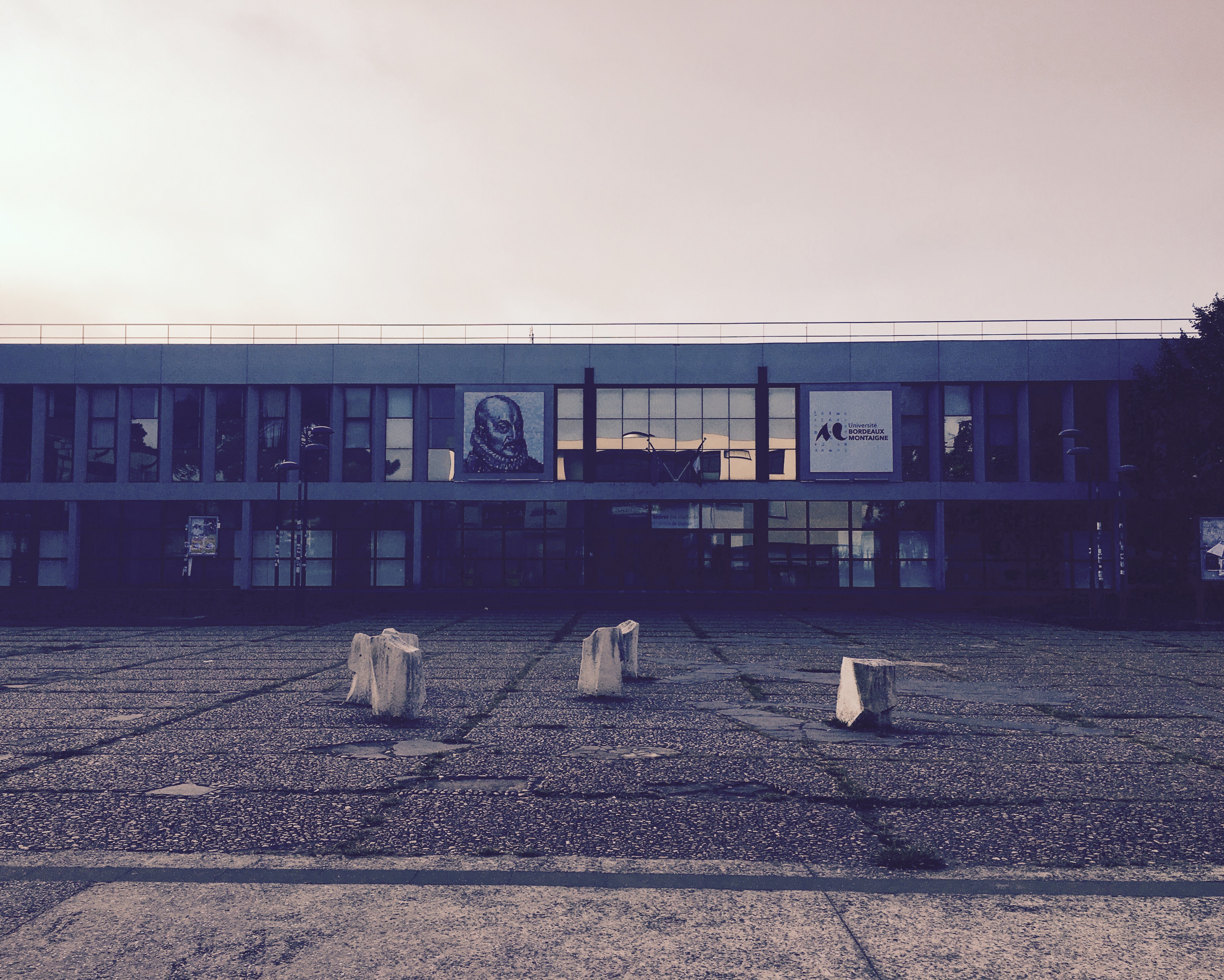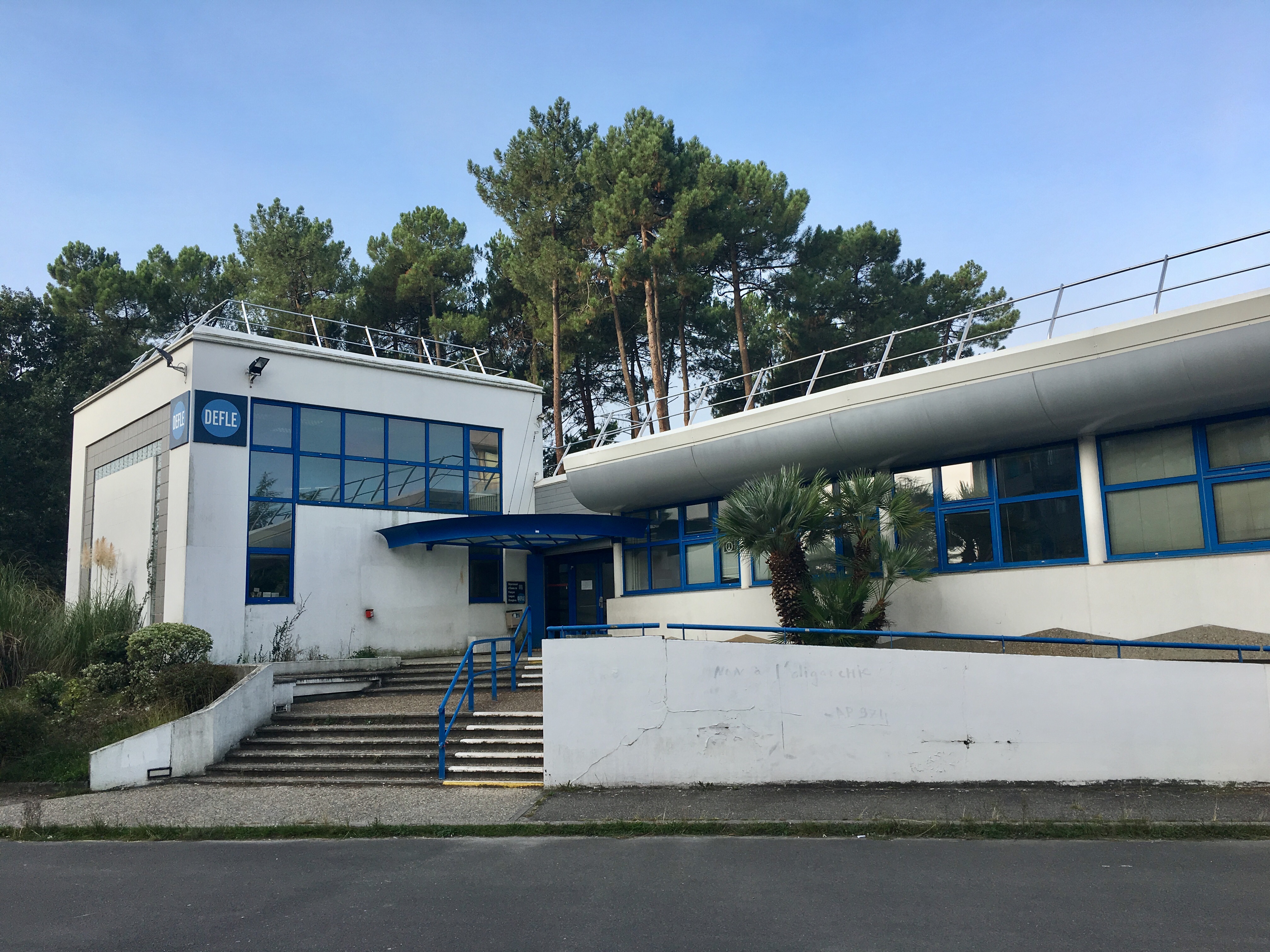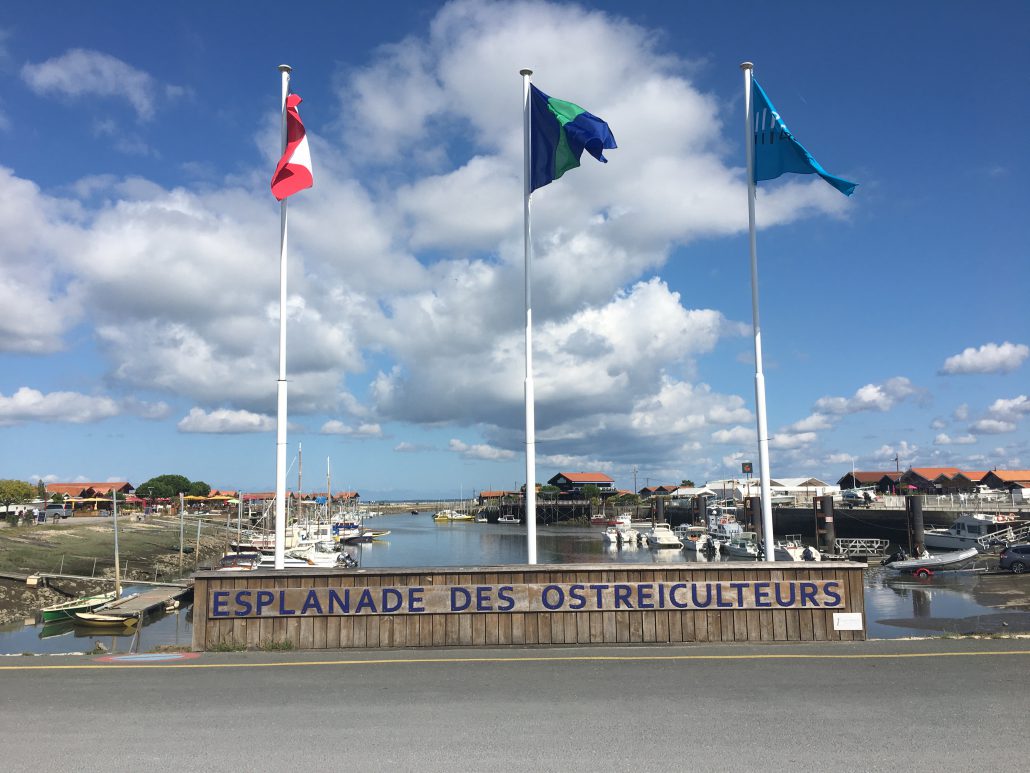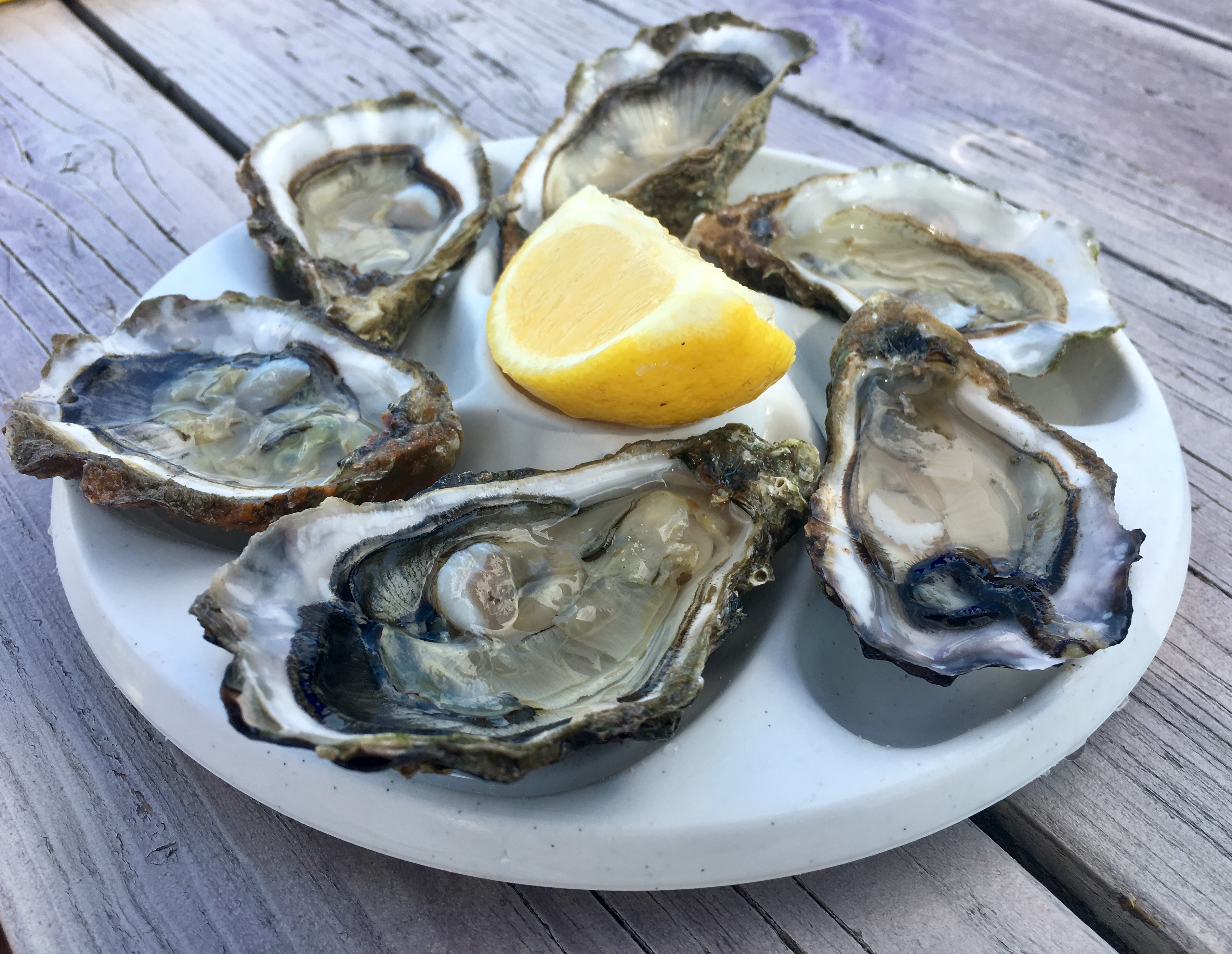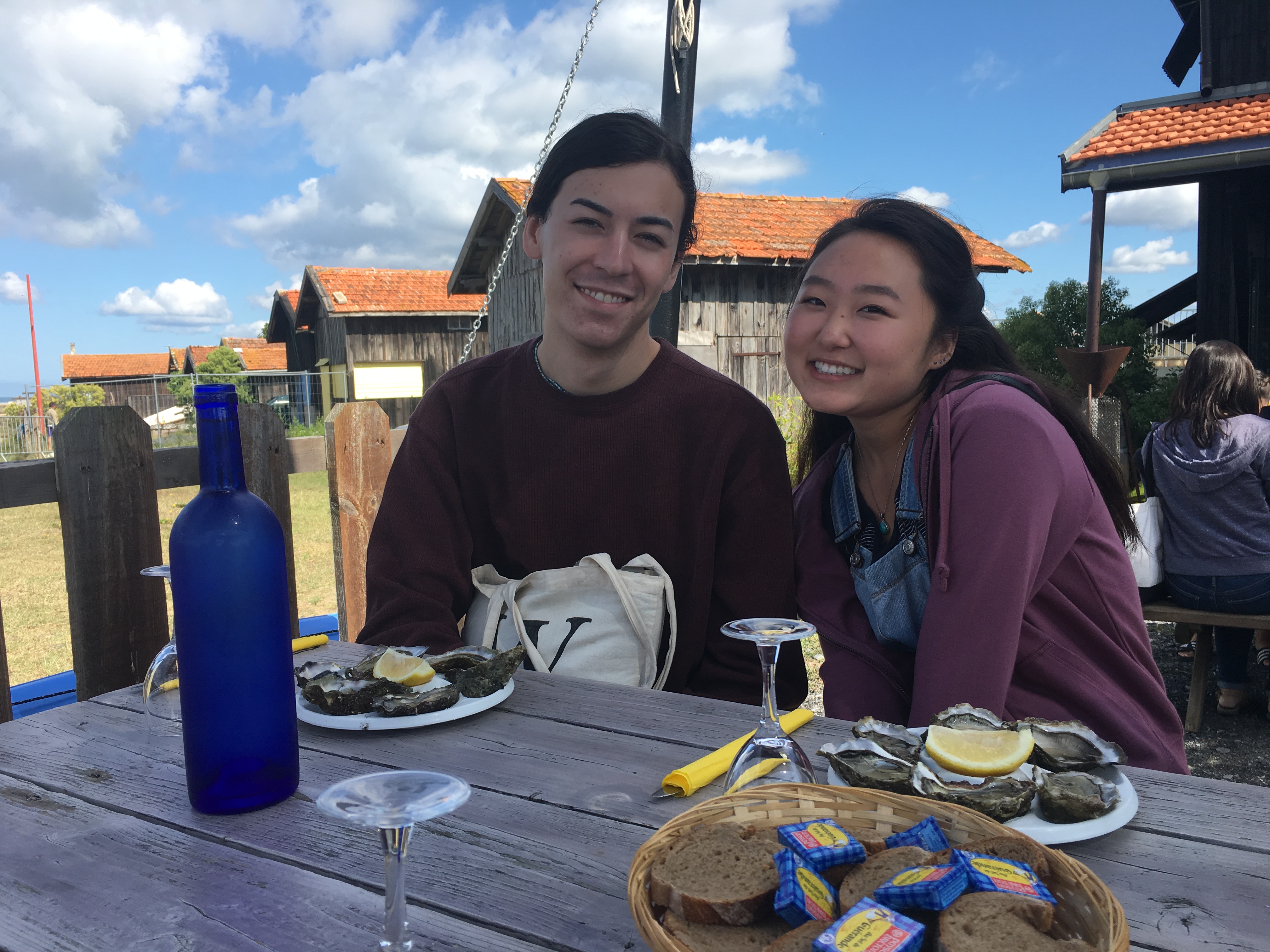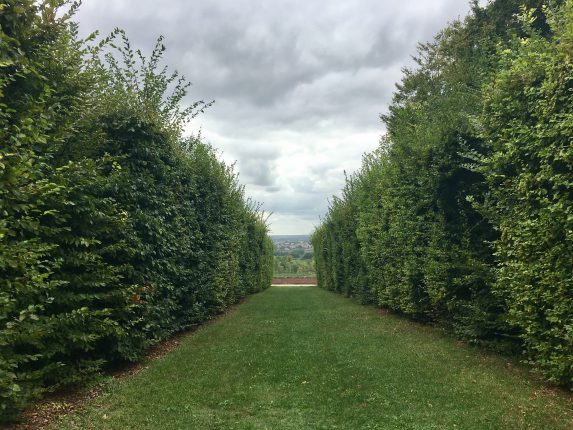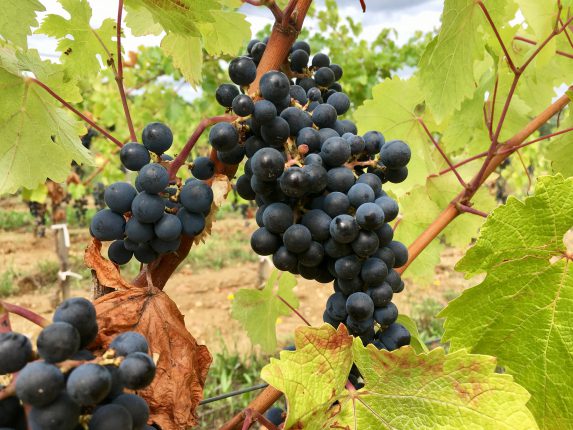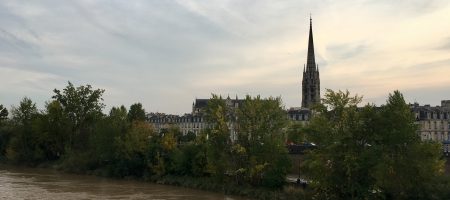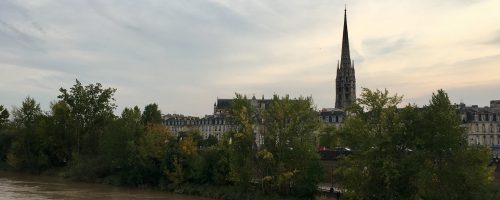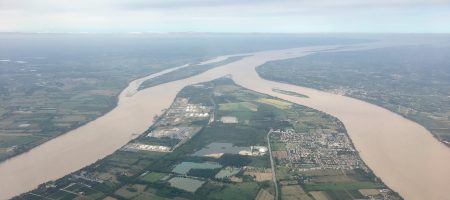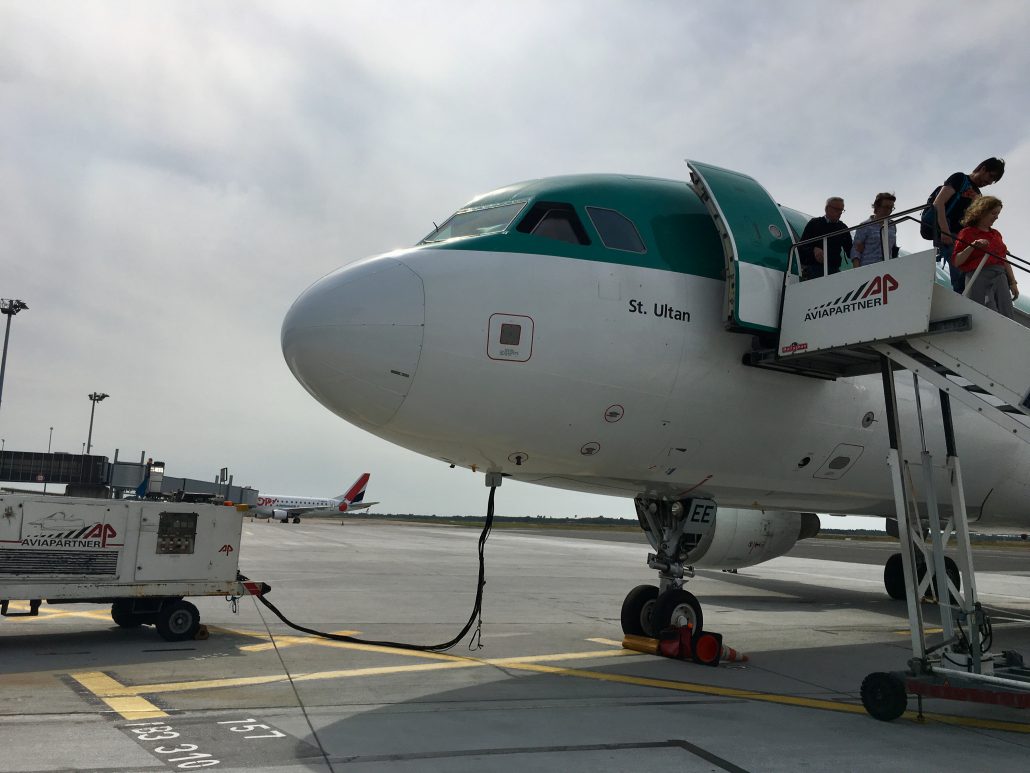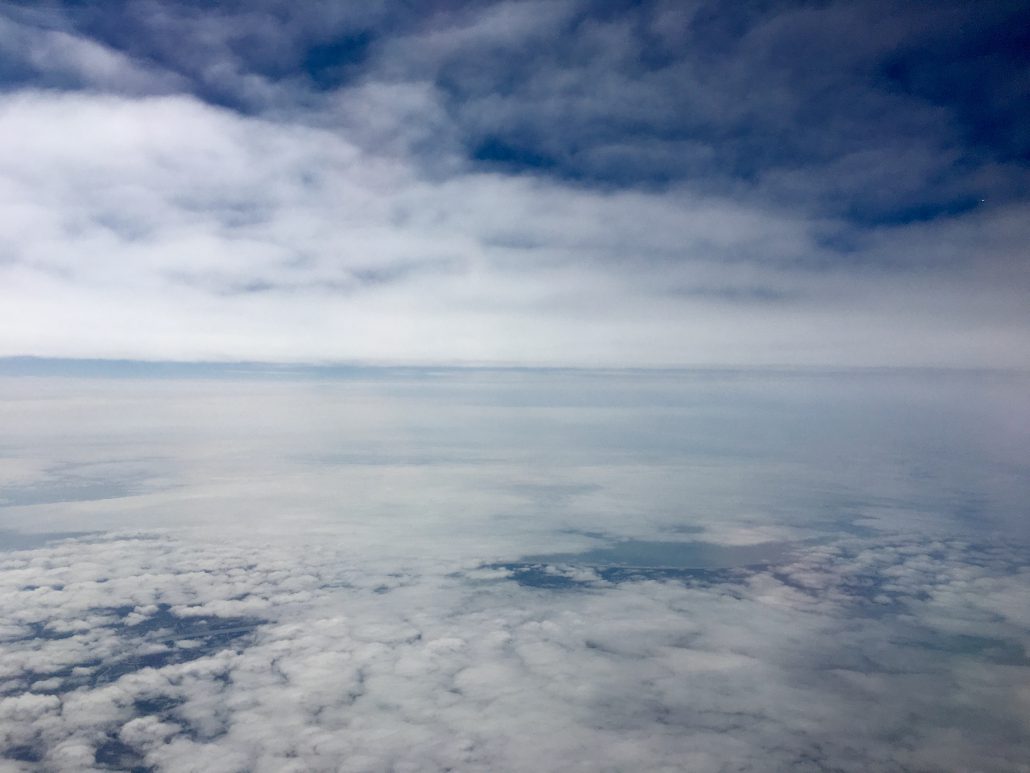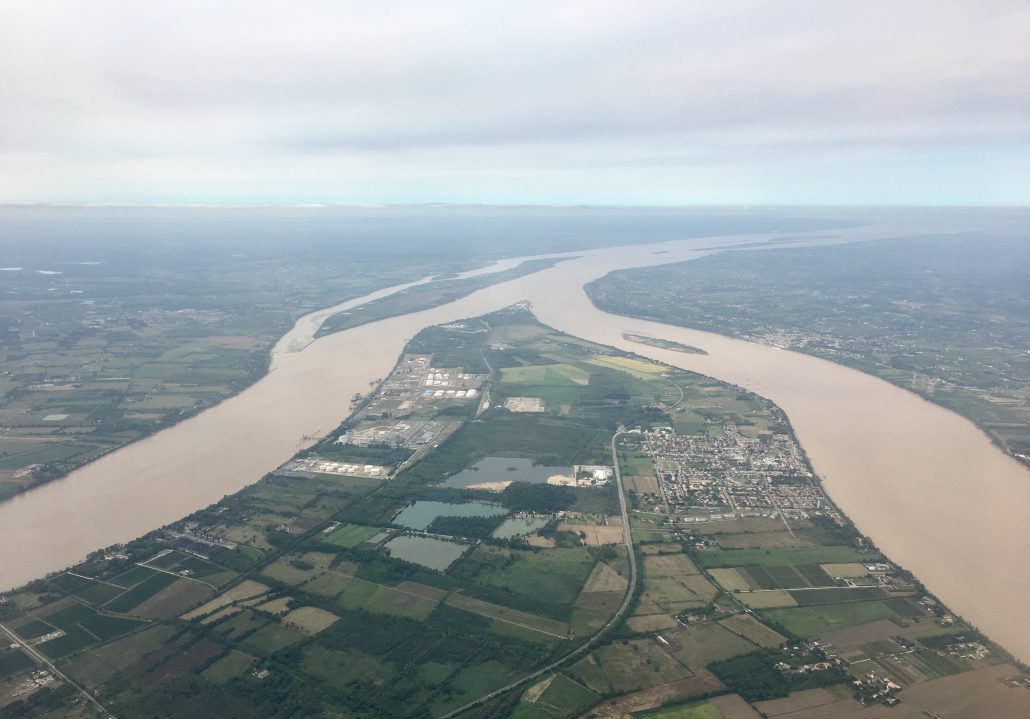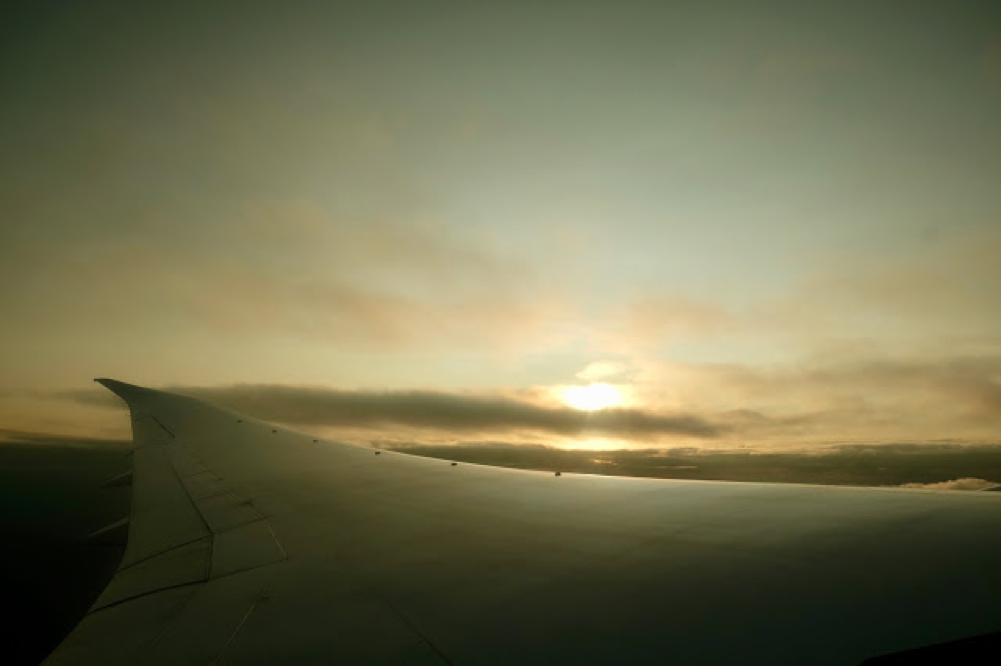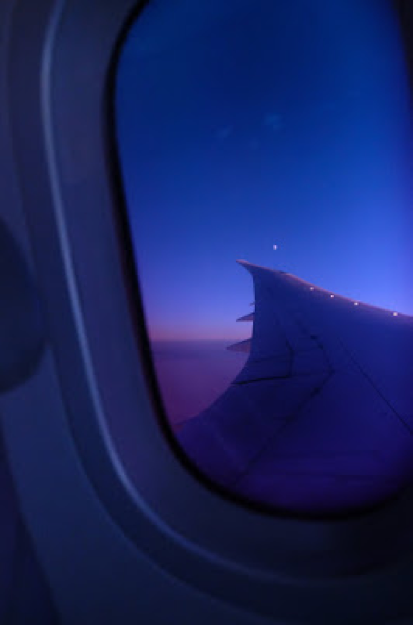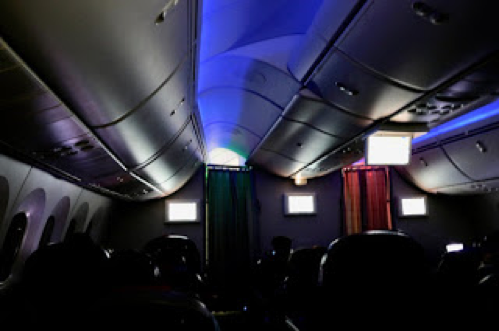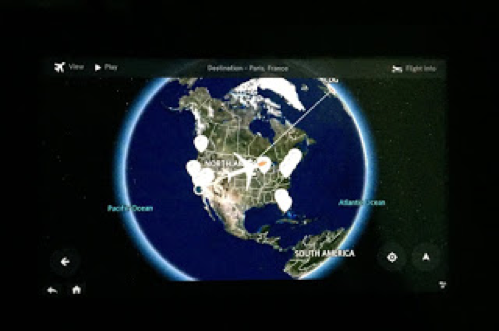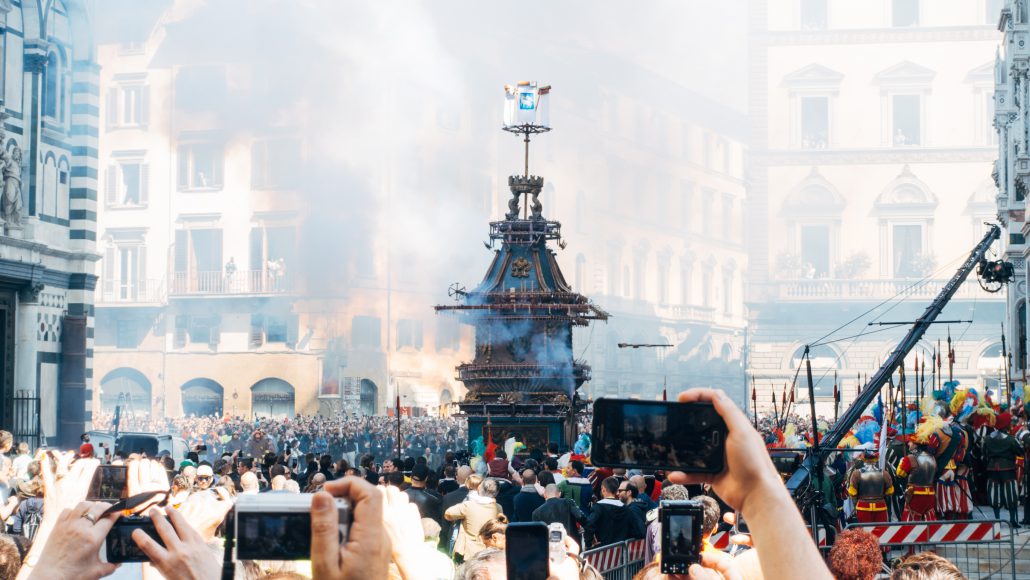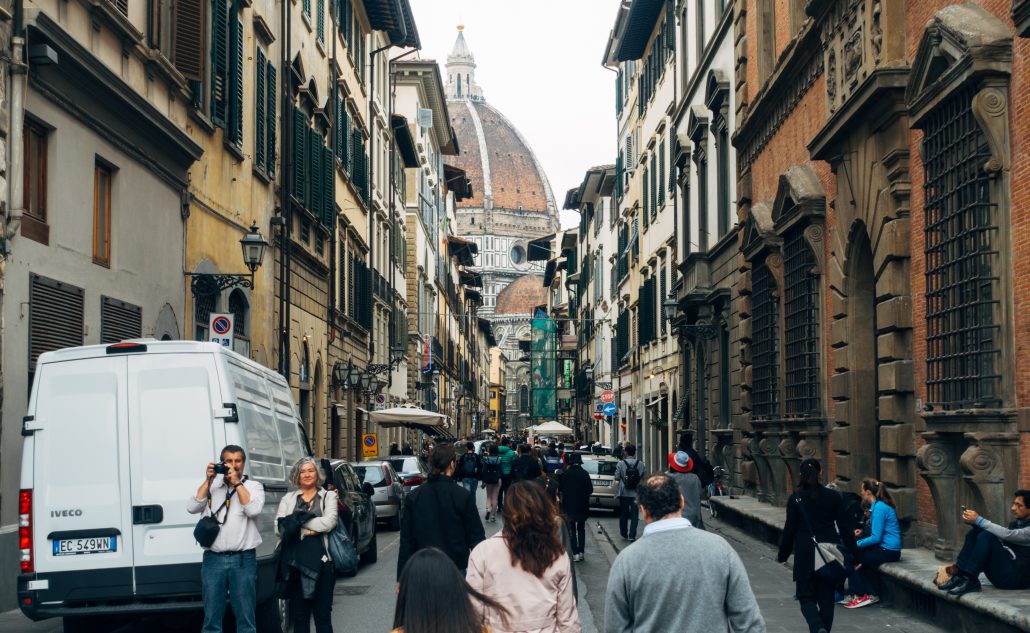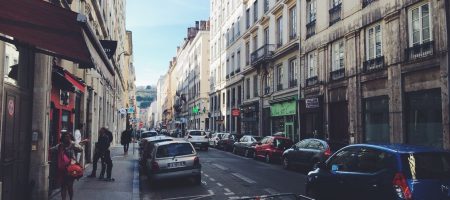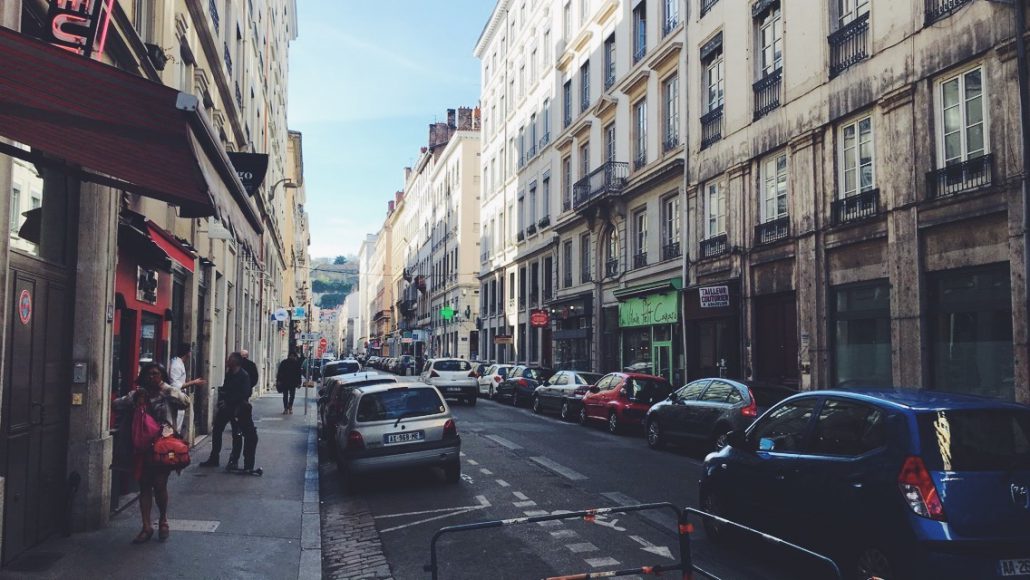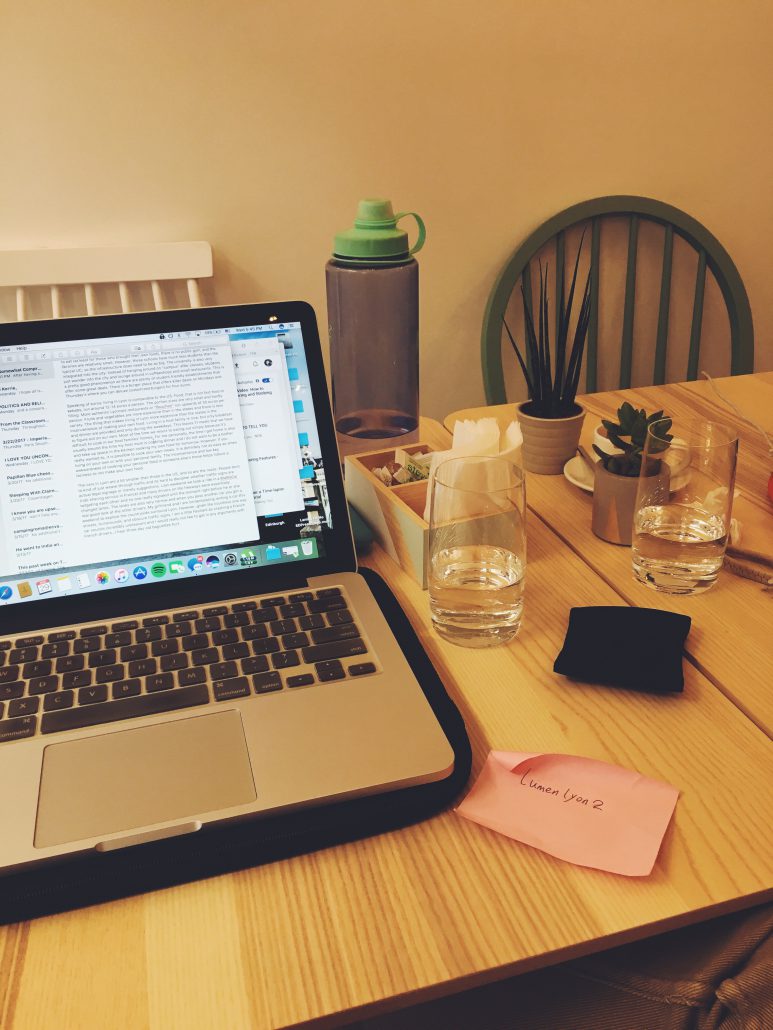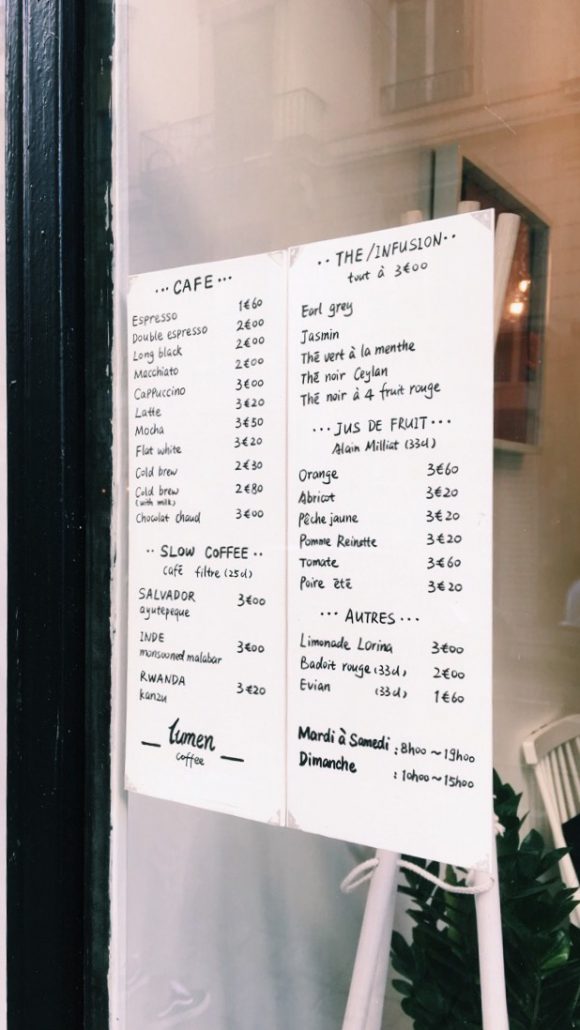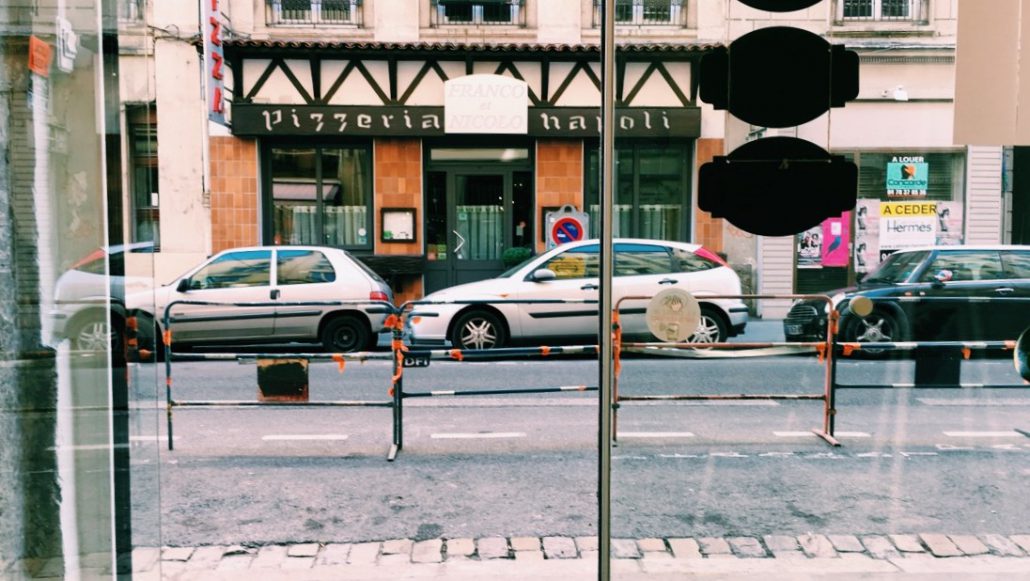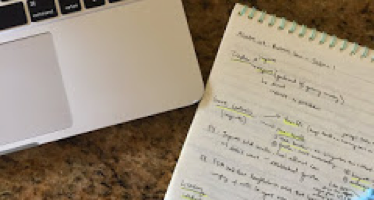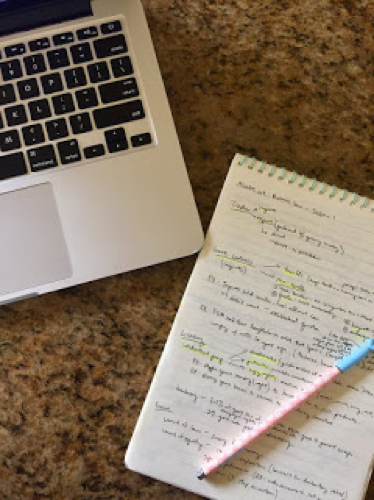France | Exploring the Outdoors in Bordeaux
BY NATASHA SZOMBATHY
Now that I’m finally really settled into school and life in Bordeaux, I thought I would share some of my favorite things to do around the city!
Bordeaux is such a walkable city, so taking a stroll has been a favorite afternoon activity of mine. Over the weekends I have been taking runs on the quays framing the Garonne. My favorite “loop” so to speak is running from Pont Pierre, the picturesque bridge built in 1819 to connect the left and right banks of Bordeaux, to Pont Jacques Chaban Delmas, and back around. Pont Jacques Chaban Delmas is the modern draw bridge that was constructed to allow large ships into the port of Bordeaux. A great Sunday activity is watching the bridge open to allow for the exodus of the enormous cruise ships of tourists that had come into Bordeaux for the weekend. From this bridge you can also see the Musée du Vin with its stunning architecture, designed to look like wine swirling in a wineglass!
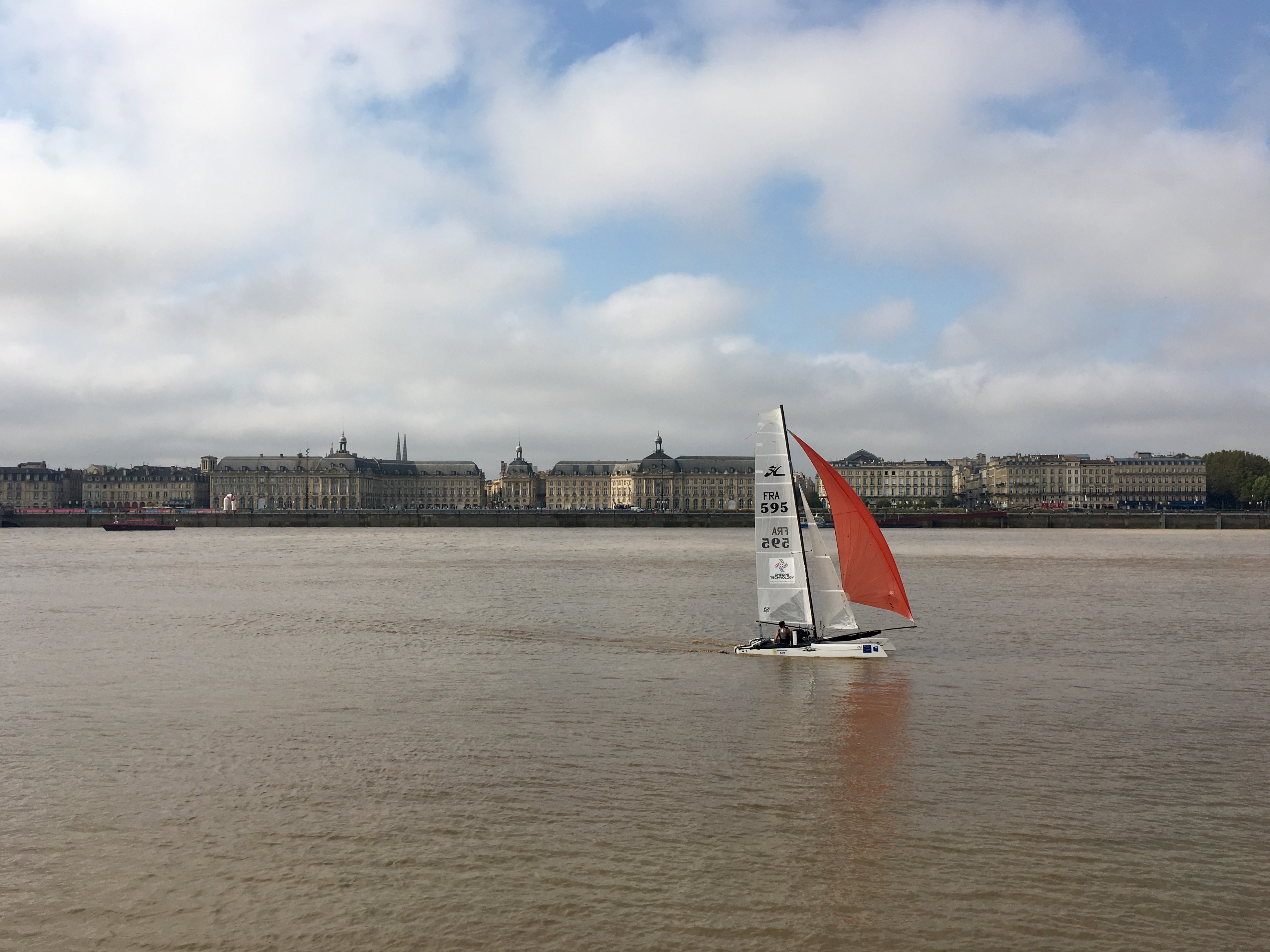
The best part of this run is along the right bank of the Garonne, which is the much less visited side of the river because it is largely host to modern construction and thus lacks the charm of the left bank. That said, the right bank offers incredible views of the beautiful buildings of the left bank. Seeing the Place de la Bourse through the trees while running is simply stunning. Some weekends there are even sailboat races in the river, making for a great spectacle for a little break from running!
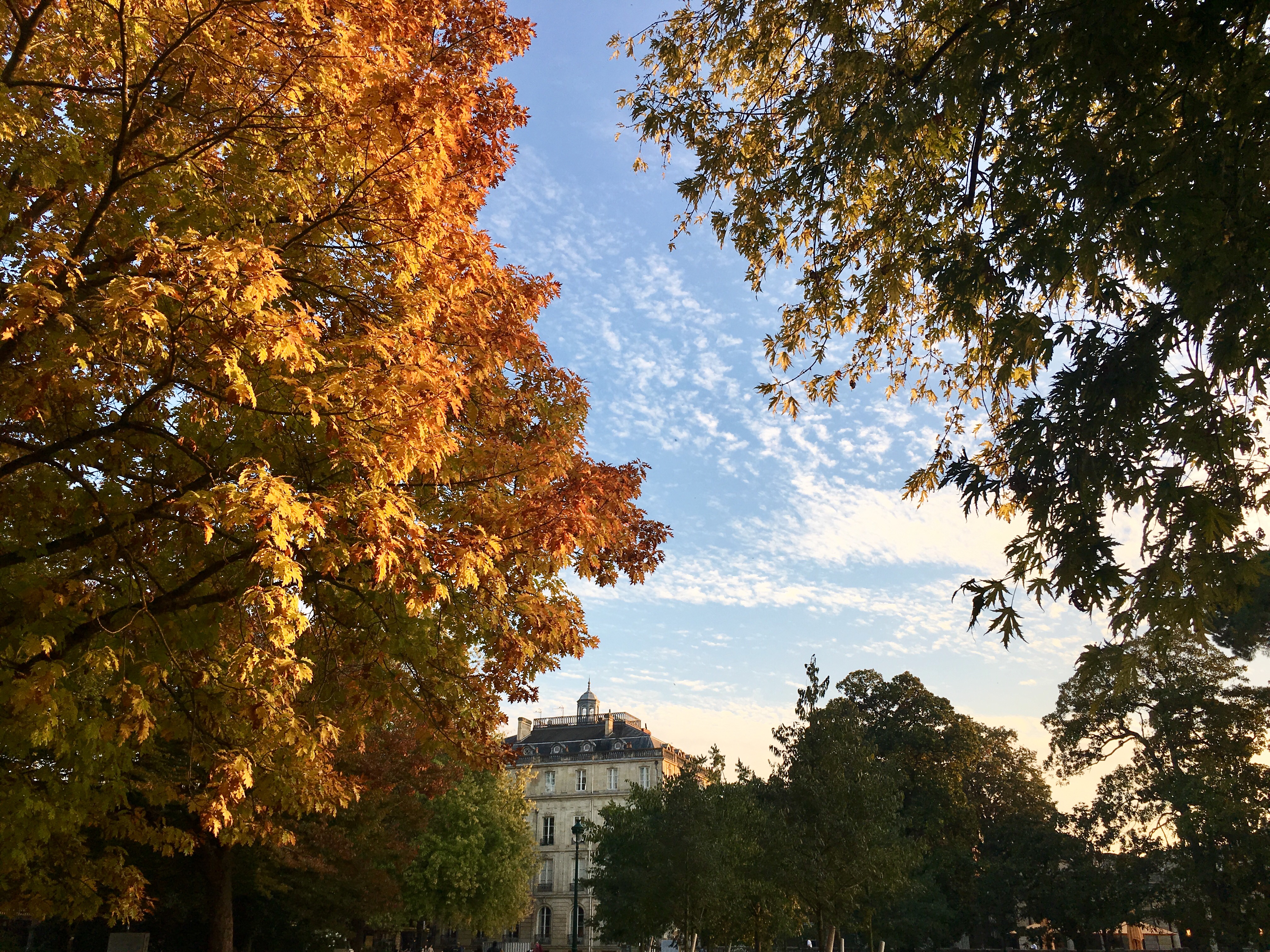
If running isn’t really your cup of tea, perhaps biking is! Bordeaux has an incredible bike rental system, called VCub. With bike parking stations all over the city, all you need is a credit card to rent a bike for 24 hours….and it only costs € 1.60! I have to say biking the same route I described above is wonderful, but biking is also a great way to explore the city itself. Bordeaux is a city without too much traffic, and most of the streets in the center are closed to cars. In the busier areas there are always designated bike lanes, so I haven’t had a problem feeling unsafe while biking around here.
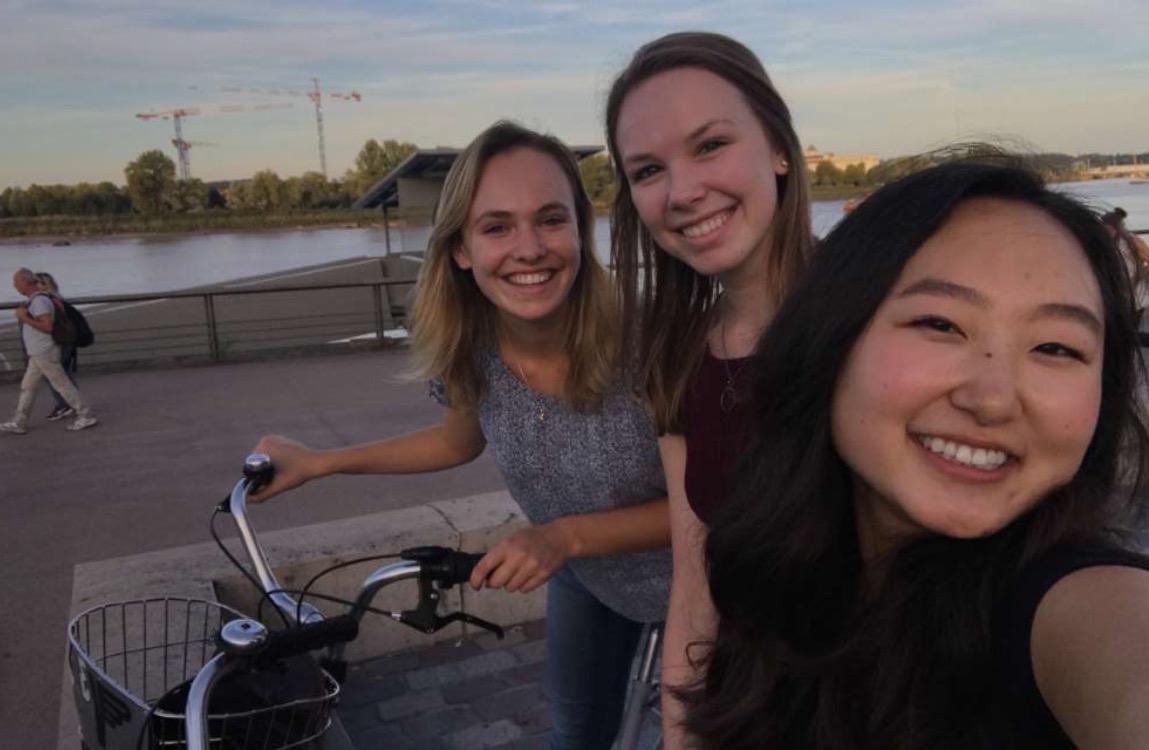
On afternoons free from school, my friends and I have been renting bikes and exploring the city. We often end up in the Jardin Public after, for some relaxation in the sunshine. Even though it is nearing the end of October, we still have been having some days with temperature in the 80s!
While the Jardin Public is my favorite park in the city, also worth visiting is the beautiful botanical garden, the Parc du Château Piexotto, and the Parc Bordelais. The Parc du Château Piexotto is only 4 stops away from Université Bordeaux Montaigne, and it is a really lovely place to stop for lunch. I like to stop at a boulangerie near the park and have a quick snack there during breaks between classes. The Parc Bordelais is definitely a place you should check out if you feel you need a little touch of nature. Full of old, enormous trees, this park surrounds a pond full of beautiful birds. The park is also the home to many animals, from rabbits, to goats, to chickens.
I’ll have to dedicate the next post to some fun things to do indoors around the city…I have so many cafés to recommend! À bientôt !
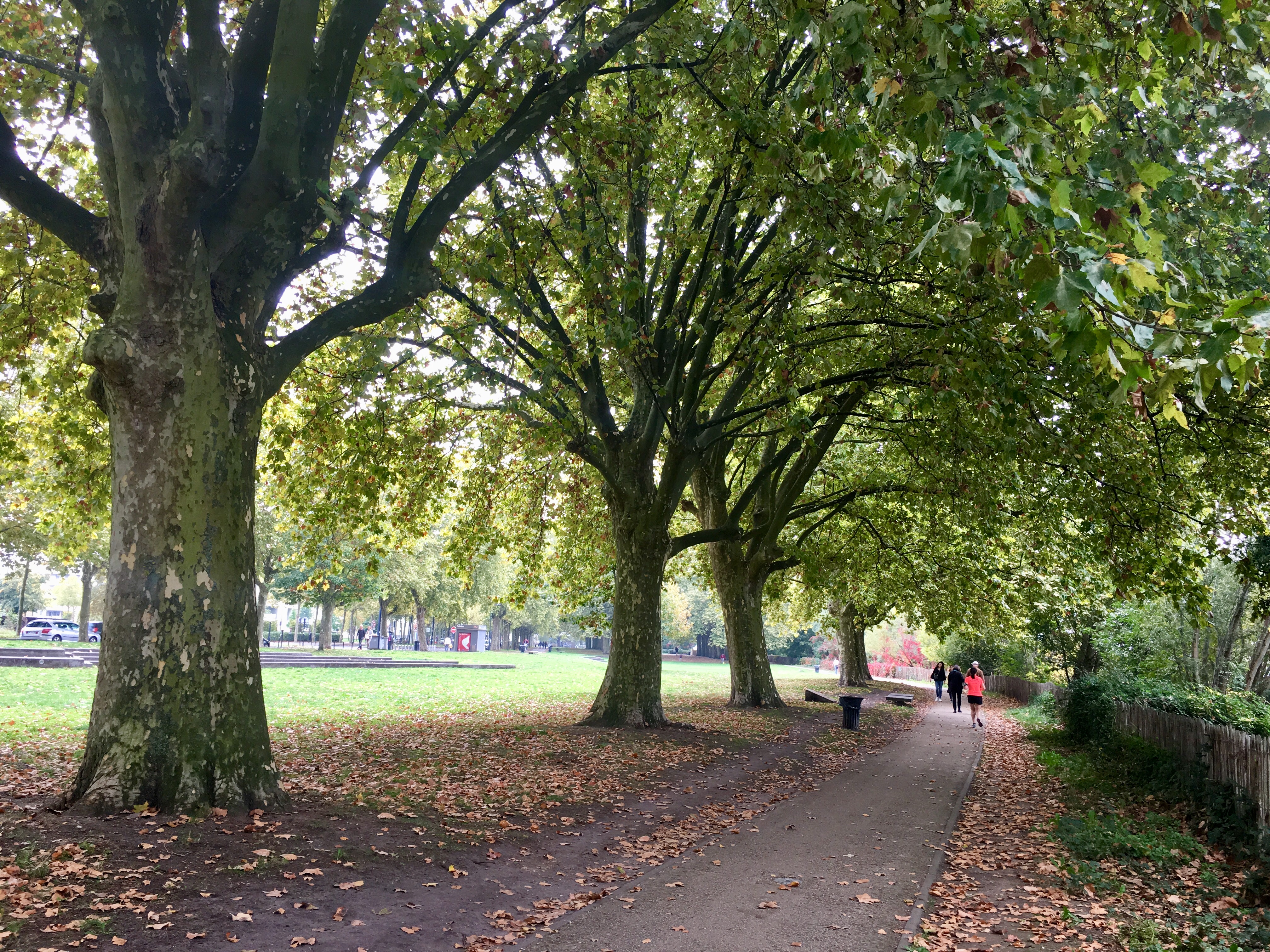
Natasha Szombathy studied abroad in Bordeaux, France in 2017: http://eap.ucop.edu/OurPrograms/france/Pages/univ_of_bordeaux_coursework_french.aspx


